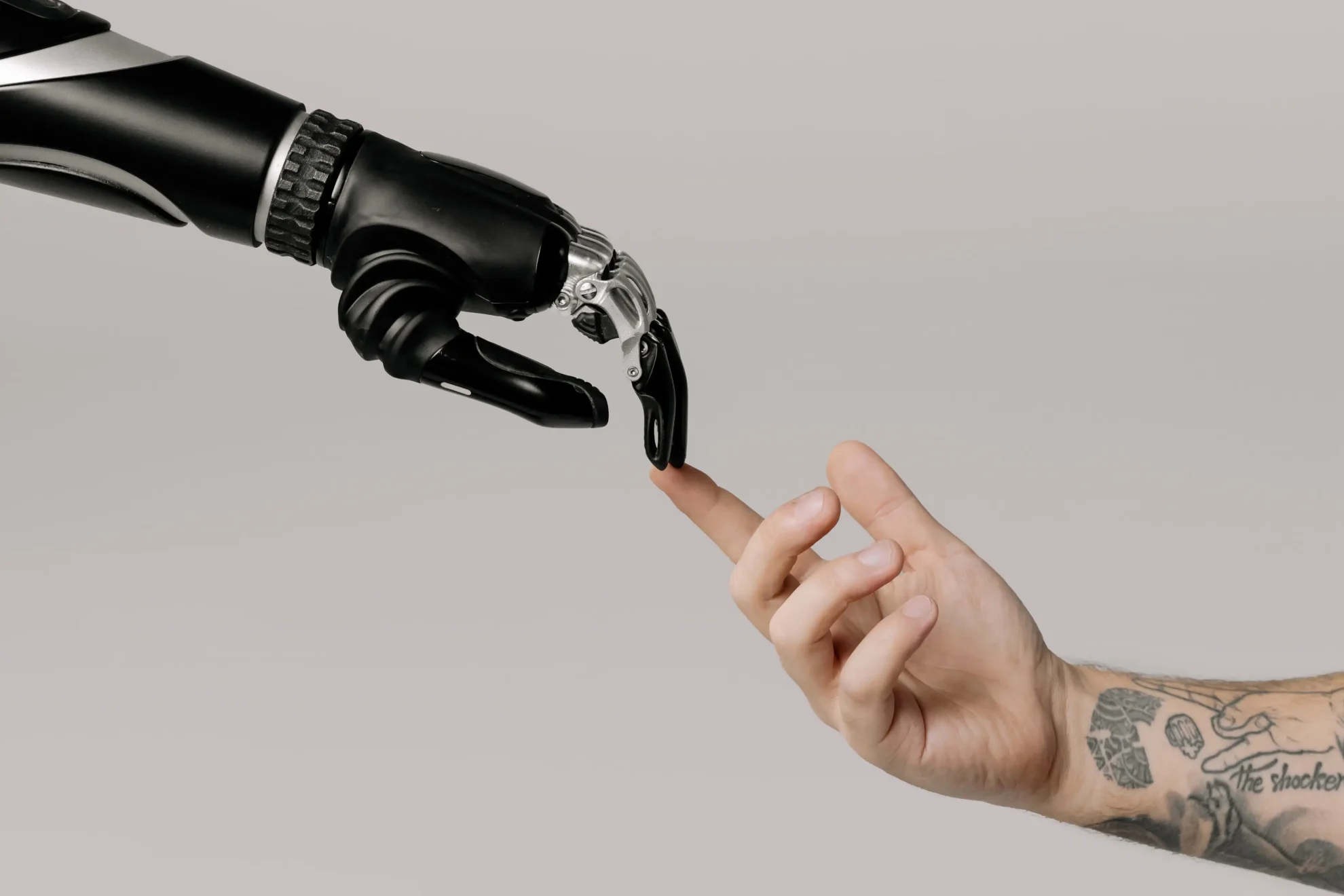How Does Artificial Intelligence Work and Can You Learn It By Yourself?

Artificial Intelligence (AI) is a fascinating field that has been rapidly advancing in recent years, revolutionizing industries from healthcare to finance. Many are eager to learn about AI and even embark on a journey to become proficient in this cutting-edge technology. In this article, we will explore how AI works and address the common question: Can you learn AI by yourself?
How Artificial Intelligence Works
Artificial Intelligence refers to the simulation of human intelligence in machines that are programmed to think and learn like humans. It encompasses a wide range of techniques and technologies, but at its core, AI systems are designed to perform tasks that typically require human intelligence, such as understanding natural language, recognizing patterns, making decisions, and solving problems.
Here’s a simplified breakdown of how AI works:
- Data Collection: AI systems begin by collecting vast amounts of data from various sources. This data serves as the foundation for training the AI model.
- Data Preprocessing: Raw data often contains noise and irrelevant information. Data preprocessing involves cleaning and formatting the data to make it suitable for analysis.
- Machine Learning: Machine learning is a subset of AI that involves training algorithms to recognize patterns and make predictions or decisions based on data. Common machine learning techniques include supervised learning (where models are trained on labeled data) and unsupervised learning (where models identify patterns in unlabeled data).
- Neural Networks: Deep learning, a subset of machine learning, employs artificial neural networks inspired by the human brain. Deep neural networks are particularly adept at handling complex tasks like image and speech recognition.
- Training and Testing: AI models are trained using a portion of the collected data, and their performance is tested on another set of data to ensure accuracy and reliability.
- Deployment: Once an AI model is trained and validated, it can be deployed in various applications, from chatbots and recommendation systems to self-driving cars and medical diagnoses.
- Continuous Learning: AI models can continue learning and improving their performance over time through techniques like reinforcement learning, where they receive feedback based on their actions.
Can I Learn Artificial Intelligence By Myself?
The answer is a resounding yes! Learning AI on your own is entirely possible, thanks to the wealth of online resources, courses, and communities available today. Here are some steps to get started:
- Foundational Knowledge: Start with a solid foundation in mathematics, particularly linear algebra, calculus, and statistics. These are fundamental to understanding AI algorithms and models.
- Programming Skills: Learn a programming language commonly used in AI, such as Python. Python has extensive libraries and frameworks like TensorFlow and PyTorch, which simplify AI development.
- Online Courses: Explore online courses and tutorials. Many platforms offer courses ranging from introductory AI concepts to advanced topics in machine learning and deep learning. However if you feel overwhelmed with the information, we would understand you! Consider enrolling in our International Online Master in Artificial Intelligence
- Books and Documentation: Invest in textbooks and read official documentation for AI libraries and frameworks. Books like “Pattern Recognition and Machine Learning” by Christopher Bishop and “Deep Learning” by Ian Goodfellow, Yoshua Bengio, and Aaron Courville are highly recommended.
- Projects and Practice: Apply what you learn by working on AI projects. Start with simple projects and gradually increase their complexity as your skills grow. Platforms like Kaggle offer datasets and competitions to test your knowledge.
- Online Communities: Join AI communities and forums like Stack Overflow, Reddit’s r/MachineLearning, and GitHub. These platforms provide opportunities to ask questions, share knowledge, and collaborate on AI projects.
- Networking: Attend AI conferences, webinars, and workshops to network with professionals in the field. Building connections can open doors to mentorship and job opportunities.
Remember that learning AI is a journey that requires patience and persistence. It’s a field that continuously evolves, so staying updated with the latest advancements is crucial. With determination and the right resources, you can certainly learn artificial intelligence by yourself and embark on an exciting career in this dynamic field.




